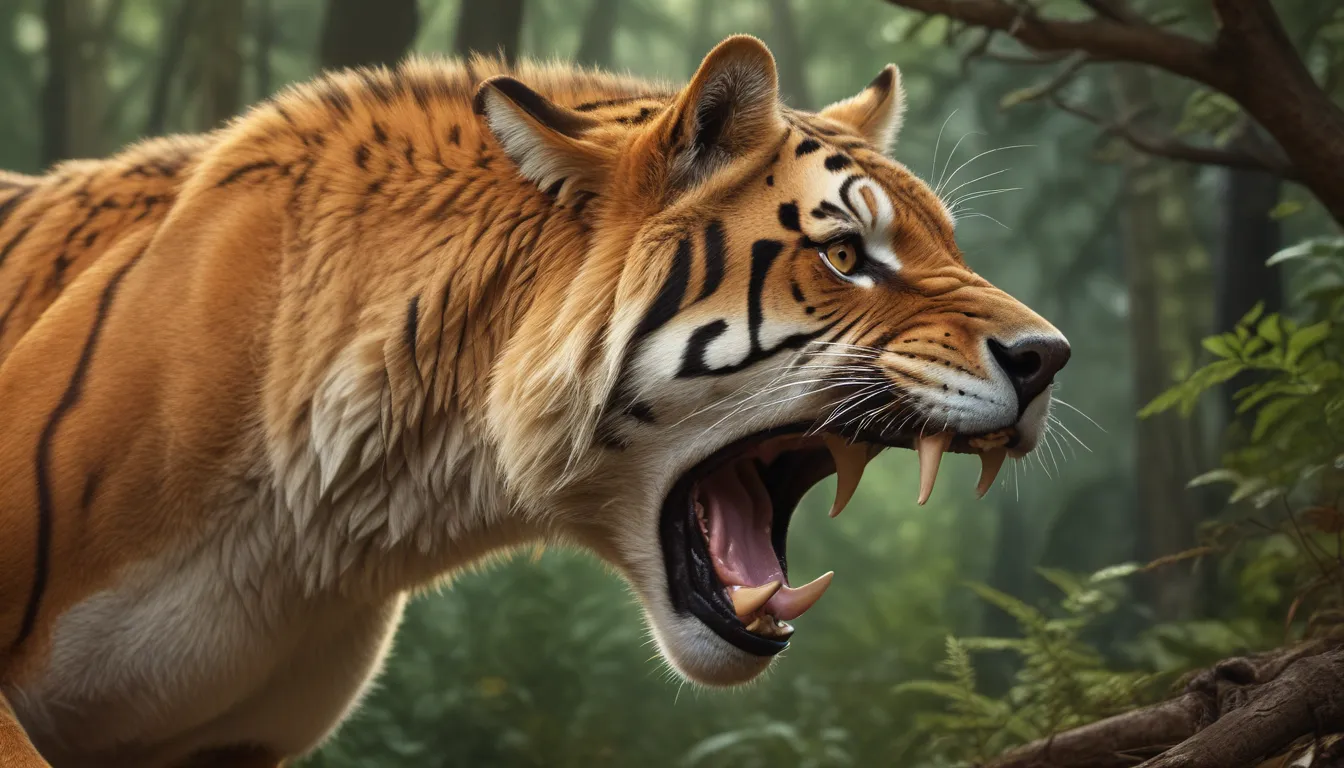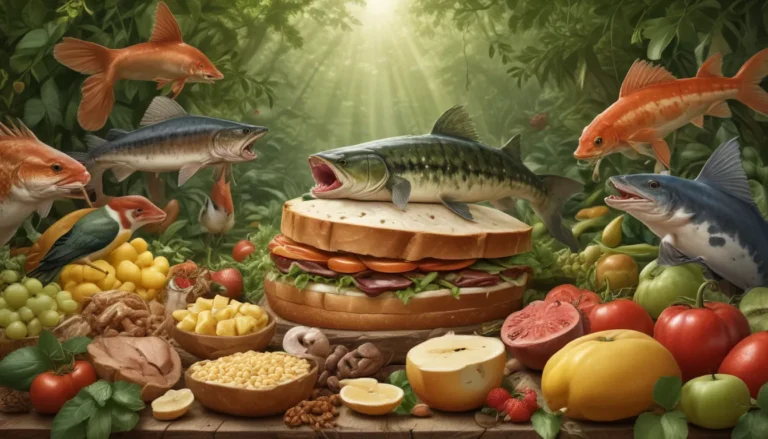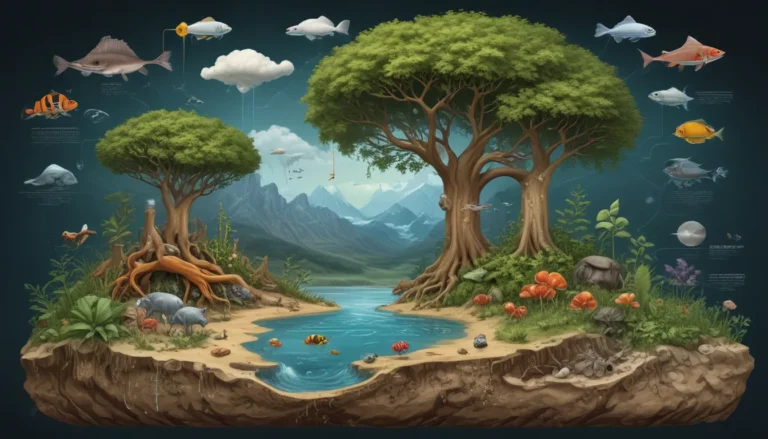A Note About Images: The images used in our articles are for illustration purposes only and may not exactly match the content. They are meant to engage readers, but the text should be relied upon for accurate information.
Carnivores, the apex predators of the animal kingdom, have long captured our imagination with their remarkable hunting skills and unique adaptations. From stalking lions on the African savannah to elusive sharks in the depths of the ocean, these creatures play a crucial role in maintaining the delicate balance of ecosystems worldwide. While we may be familiar with iconic carnivores like tigers and wolves, there are many fascinating facts about these formidable hunters that often go unnoticed.
In this article, we will take a deep dive into the captivating realm of carnivores and uncover nine intriguing facts that will leave you amazed. Get ready to explore their astonishing hunting techniques, incredible adaptations, and surprising behaviors as we embark on an enlightening journey through the carnivorous world.
Key Takeaways:
- Carnivores are indispensable for ecosystem balance, regulating prey populations and contributing to biodiversity with their specialized adaptations.
- Human activities, such as habitat destruction and illegal hunting, pose significant threats to carnivores. Conservation efforts are vital to safeguard these mesmerizing creatures and ensure their survival in the wild.
The Specialized Predators: An Overview of Carnivores
Carnivores, such as lions and tigers, are captivating creatures renowned for their predatory nature and sharp hunting instincts. These predators have evolved to thrive on a carnivorous diet, preying primarily on meat for sustenance.
Exploring Diversity: Different Types of Carnivores
From powerful apex predators like sharks and crocodiles to agile hunters like cheetahs and wolves, carnivores come in a wide array of shapes and sizes. Each species possesses unique adaptations crafted to ensure success in their hunting endeavors.
Balancing Act: The Role of Carnivores in Ecosystems
As top predators, carnivores play a pivotal role in ecosystem balance by regulating the populations of prey species, preventing overpopulation, and supporting biodiversity. Their interactions with other organisms create a complex web of relationships vital to ecosystem health.
Unveiling Adaptations: Teeth and Jaws of Carnivores
One of the hallmark features of carnivores is their specialized dental structure, including sharp, pointed teeth and strong jaws designed for tearing through flesh and consuming prey efficiently. These adaptations are crucial for their survival as top predators.
Speed and Agility: The Exceptional Skills of Carnivores
Cheetahs, the fastest land animals, can achieve speeds of up to 60 miles per hour in mere seconds. Their extraordinary speed and agility make them proficient hunters, capable of chasing down prey with precision and efficiency.
Hunting Tactics: Strategies of Carnivores
Carnivores have honed various hunting techniques, from the stealthy ambush of a leopard to the coordinated efforts of a wolf pack. These tactics, involving teamwork, camouflage, and patience, enhance their chances of successful hunts.
Night Vision: The Advantage of Nocturnal Carnivores
Nocturnal carnivores, such as owls and big cats, possess adaptations that grant them clear vision in low-light conditions. Their enhanced night vision offers a strategic advantage when hunting under the cover of darkness.
Sense of Smell: Tracking and Survival
The highly developed sense of smell in carnivores plays a vital role in tracking prey, detecting threats, and marking territories. Some species, like polar bears, can detect prey from considerable distances, relying on their powerful olfactory senses.
Threats to Survival: Human Impact on Carnivores
Habitat loss, illegal hunting, and climate change pose significant threats to carnivores worldwide. Conservation initiatives are essential to safeguard these magnificent creatures and ensure their continued existence in their natural habitats.
Conclusion
In conclusion, carnivores are not just captivating predators; they are essential components of ecosystem health and biodiversity. Their unique adaptations and hunting strategies enrich our understanding of the natural world while emphasizing the significance of their role in maintaining balance. Whether solitary hunters or pack animals, carnivores contribute to the intricate food chain, regulating prey populations and preserving ecosystem integrity.
Frequently Asked Questions:
Q: What defines a carnivore?
A: A carnivore is an animal that primarily consumes the flesh of other animals, relying on specialized adaptations for hunting and consuming meat.
Q: Do all carnivores exclusively eat meat?
A: Yes, carnivores primarily rely on meat as their main source of nutrition, although some species may occasionally consume plant material.
Q: How do carnivores adapt to different environments?
A: Carnivores have evolved diverse adaptations, including camouflage, keen senses, specialized teeth, and behavioral strategies, to survive in varied habitats.
Q: Can carnivores coexist with humans?
A: Many carnivore species can coexist with humans, but conservation efforts are crucial to mitigate conflicts and protect carnivore populations.
As we marvel at the remarkable capabilities and essential roles of carnivores in our ecosystems, let us continue to appreciate and protect these magnificent creatures for future generations to admire and study.






